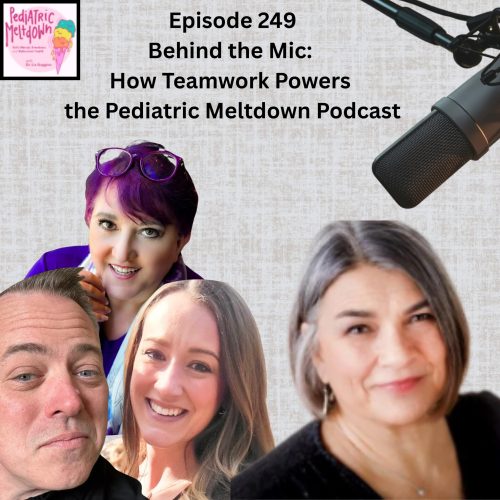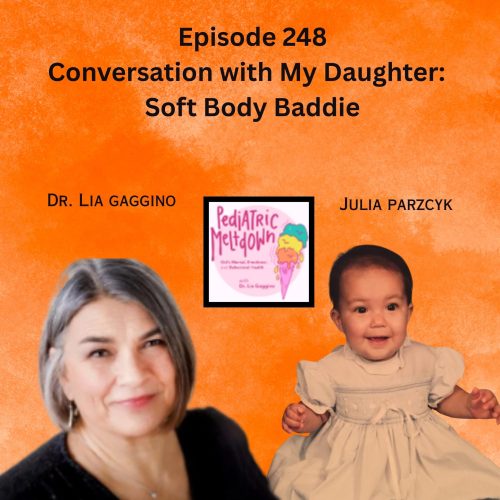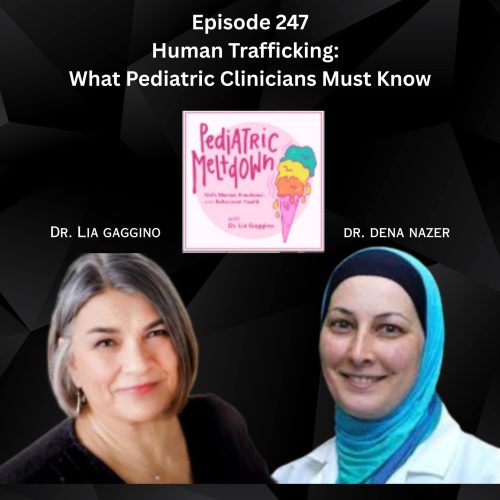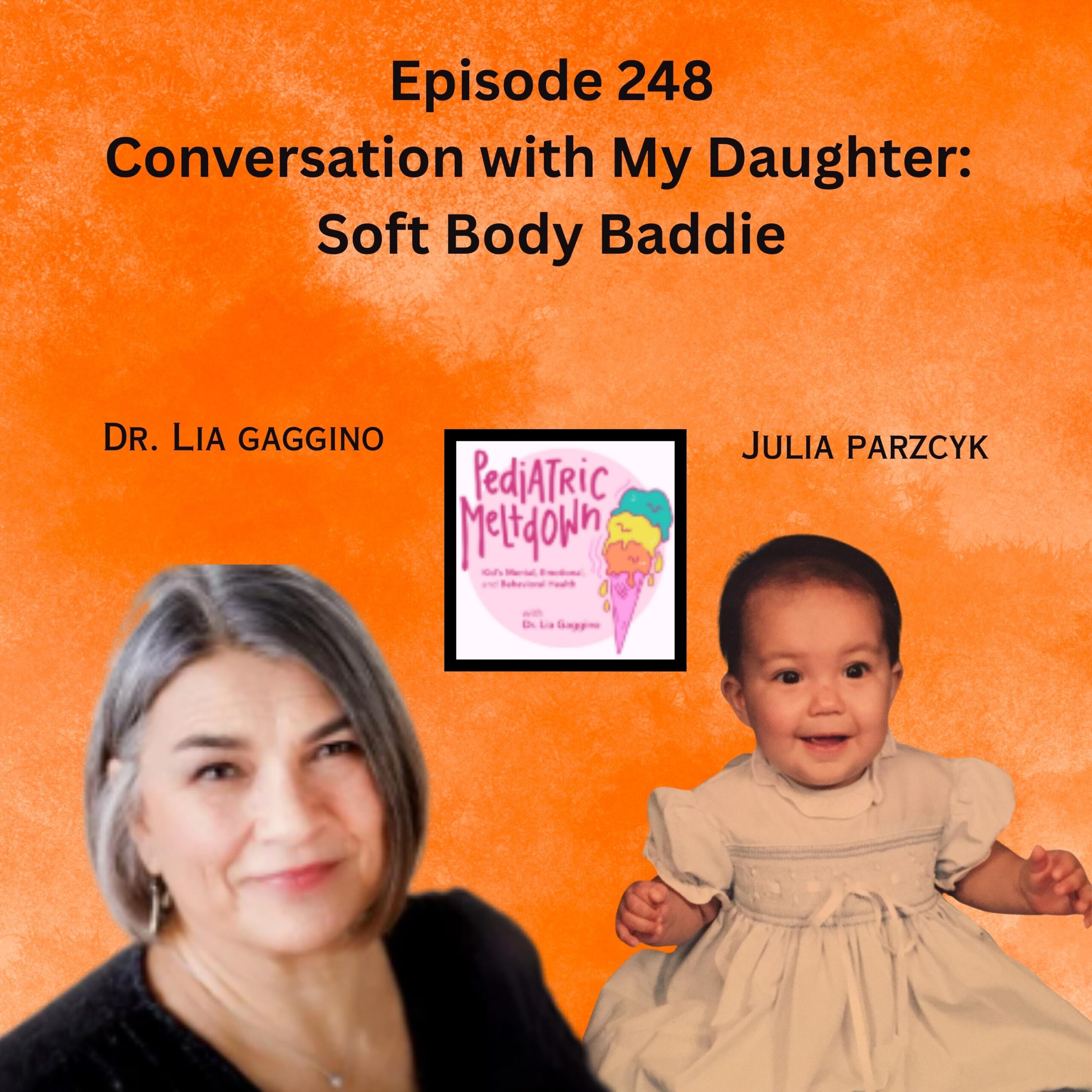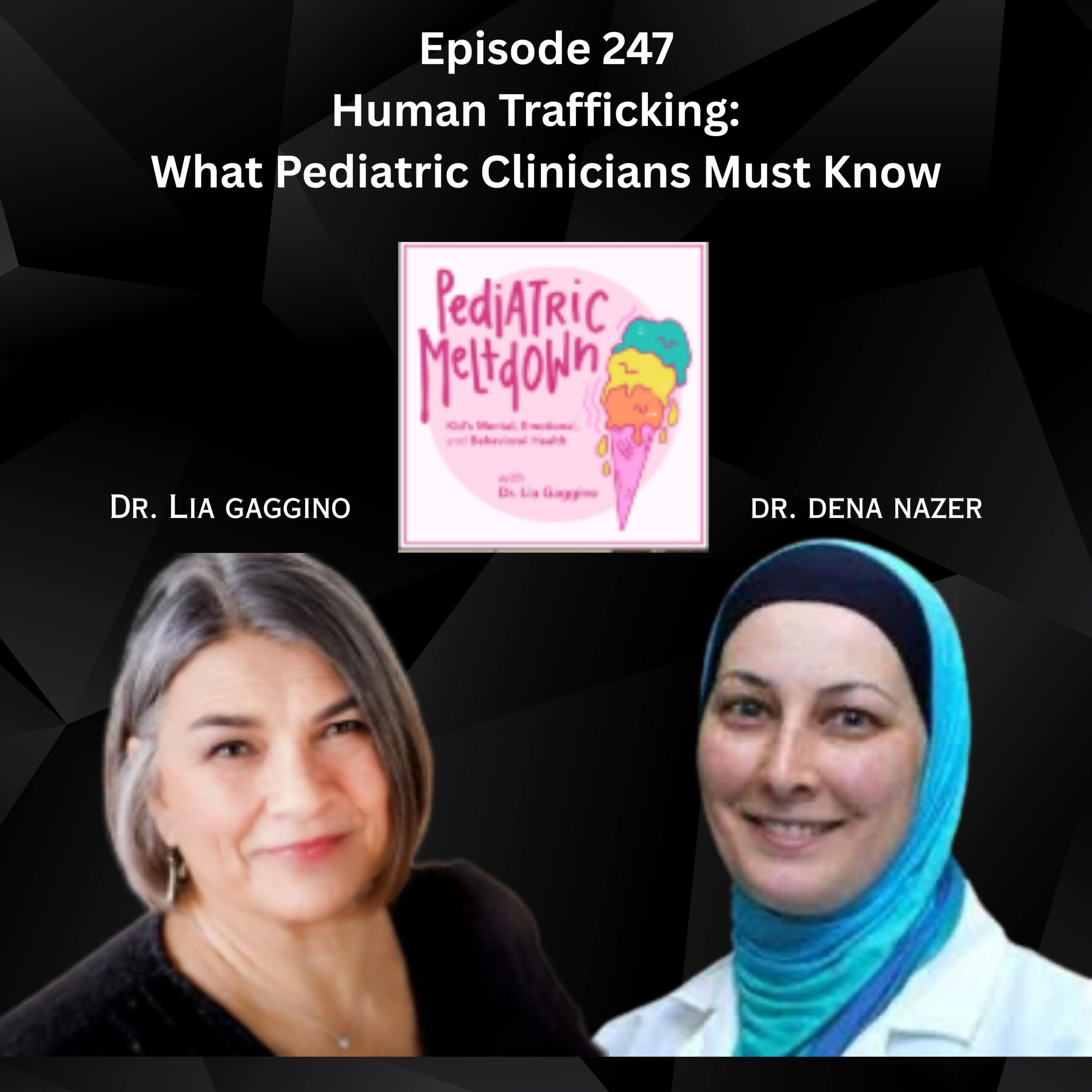Patient Confidentiality is a complex subject and more times than not, the answer to the questions will begin with “Well, it depends….” Dr. Elizabeth Alderman, a pediatrician, shares her journey into pediatrics and how she has handled this issue in her own practice in the state of New York. Both Dr Gaggino and Dr. Alderman talk about the frustrations that healthcare providers face when they must decide on the best course of action to take, particularly when there are concerns about the safety and wellbeing of the adolescent patient. Listen in as they discuss navigating these complexities requiring a delicate balance between respecting a patient’s confidentiality, ensuring their safety, and complying with legal and ethical obligations.
[00:33 -15:50] Opening Segment / Adolescents and the 21st Century Cures Act
- The 21st Century Cures Act has provided adolescents more access to confidential healthcare
- It has made it easier for adolescents to receive mental health services without parental consent
- It has expanded access to contraception and sexual health services without parental consent
- It has provided more protection for adolescents with chronic illnesses to be able to access care without parental consent.
- It has also strengthened HIPAA protections for adolescents.
[15:51- 31:08] How can healthcare providers ensure confidentiality for adolescents?
- Have a routine part of the visit that discusses confidentiality and set expectations between the healthcare provider and the patient.
- Have a conversation with the parents or guardians about leaving the room if needed during sensitive conversations.
- Read the After Visit Summary before giving it to the patient to ensure that no sensitive information is included that should not be seen by parents or guardians.
- Work with the EHR vendor to set up rules around the patient portal that honor state law privacy exceptions.
- Encourage patients to ensure that their own email is linked to the patient portal instead of a parent or guardian’s email.
[31:09 -42:16] Empowering parents in conversations with their teens
- Recommending parents bring up topics like sex and drugs with their teens
- Assessing whether parent involvement is appropriate in each situation
- Discussing the limits of confidentiality
- Role-playing conversations with parents
[42:17 – 50:37] How to Ensure Adolescents Receive Confidential Medical Care
- Make sure to know what state laws you are working under related to birth control, STI testing, mental health and prescribing medication for mental health disorders.
- Look for links and resources related to state laws and reproductive rights.
- Look for handouts related to adolescent confidentiality from the Society for Adolescent Health, AAP or your state’s AAP chapter.
- Always be mindful of how your words will be interpreted by a patient.
[50:38 – 59:26] Closing segment Takeaways
Don’t forget to sign up for Dr. Gaggino’s February 24th Beta Training
for Professionals who want to re-think the mental health services they offer
Up Your Game – Improving Kid’s Mental Health Care
Links to resources mentioned on the show
State by State Variability in Adolescent Privacy Laws: https://publications.aap.org/pediatrics/article/149/6/e2021053458/187003/State-by-State-Variability-in-Adolescent-Privacy?autologincheck=redirected
Book: “Congrats, You’re Having a Teen” by Kenneth Ginsberg https://302.buzz/CongratsTeen
21st Century CURES ACT 21st Century Cures Act | FDA
Other episodes you may like:
Episode #103
“Talking To Teens: A Reframe with Dr. Ken Gensberg”
Key quotes for Twitter:
“Every day is interesting. I work with wonderful teenagers, young adults and their families, colleagues who are committed to our patients and to advocacy”… Dr. Elizabeth Alderman
“Or even emotional harm can be interpreted in certain ways. These are things to consider in taking care of adolescents and preserving confidentiality around the 21st Century Cures Act”… Dr. Elizabeth Alderman
THANK YOU FOR YOUR SUPPORT!
Pediatric Meltdown was listed as a Top 20 Pediatric Podcast on FeedSpot.
If you’d like to connect with me, you can Tap the “What Are Your Thoughts” button at the top of the notes or you can find me on LinkedIn, Facebook, Instagram, and Twitter, or email me at gagginol@medicalbhs.com or gagginol@yahoo.com. To learn more about me visit https://www.medicalbhs.com/
LOVE WHAT YOU HEARD? Leave us a 5-star review so we can continue to provide you with great content. Share this episode and help people know more about children’s health and well-being.



